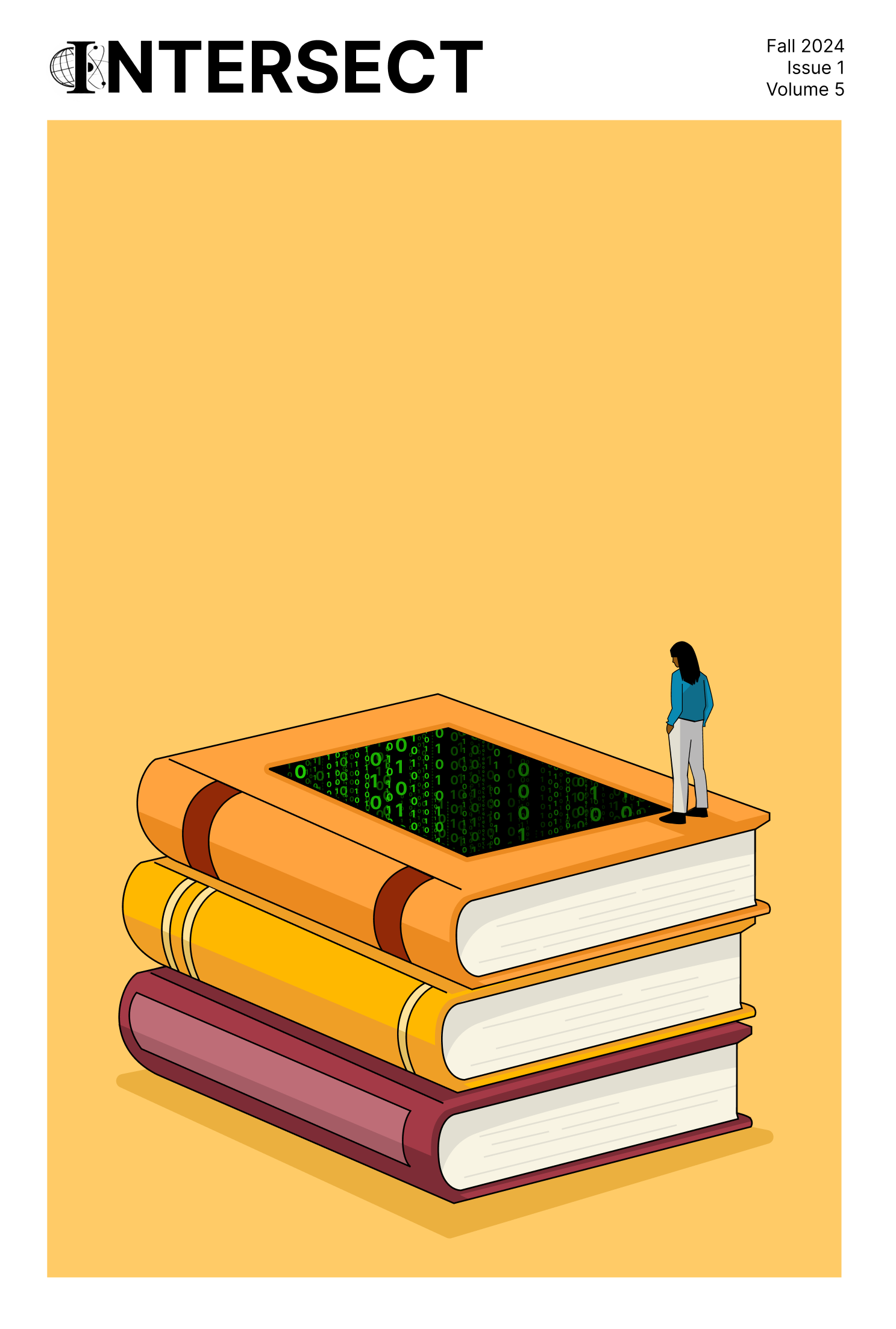Microbial Consortia-Mediated Degradation of Recalcitrant Plastics
Abstract
The persistent accumulation of recalcitrant plastics in the environment poses a significant challenge due to their resistance to natural degradation processes. Traditional waste management strategies have proven inadequate, necessitating innovative solutions. This review explores the potential of microbial consortia in mediating the degradation of recalcitrant plastics. By leveraging the synergistic interactions between diverse microbial species, these consortia can effectively break down complex plastic polymers that are otherwise resistant to degradation. We examine how microbial consortia enhance plastic biodegradation, including enzymatic pathways and metabolic cooperation. Case studies highlighting successful applications and potential challenges in plastic degradation are presented. Finally, we outline future research directions and the implications of microbial consortia-mediated plastic degradation for environmental sustainability. This comprehensive review underscores the promise of microbial consortia as a viable and eco-friendly approach to mitigating plastic pollution.
Downloads
Published
Data Availability Statement
The data supporting the findings of this study are available from me, Rochan BM, upon reasonable request.
Issue
Section
License
Copyright (c) 2025 Intersect: The Stanford Journal of Science, Technology, and Society

This work is licensed under a Creative Commons Attribution-NonCommercial-NoDerivatives 4.0 International License.
Authors who publish with this journal agree to the following terms:- Authors retain copyright and grant the journal right of first publication with the work simultaneously licensed under a Creative Commons Attribution License that allows others to share the work with an acknowledgement of the work's authorship and initial publication in this journal.
- Authors are able to enter into separate, additional contractual arrangements for the non-exclusive distribution of the journal's published version of the work (e.g., post it to an institutional repository or publish it in a book), with an acknowledgement of its initial publication in this journal.
- Authors are permitted and encouraged to post their work online (e.g., in institutional repositories or on their website) prior to and during the submission process, as it can lead to productive exchanges, as well as earlier and greater citation of published work (See The Effect of Open Access).

